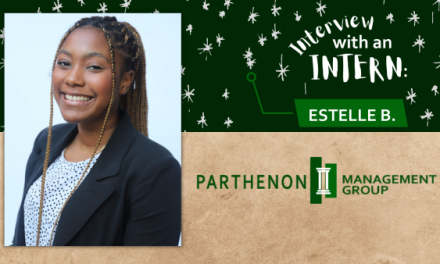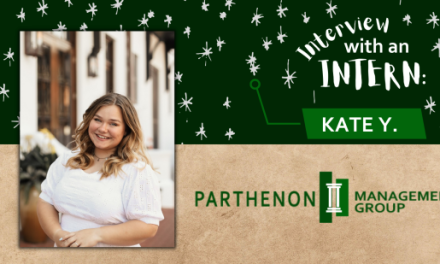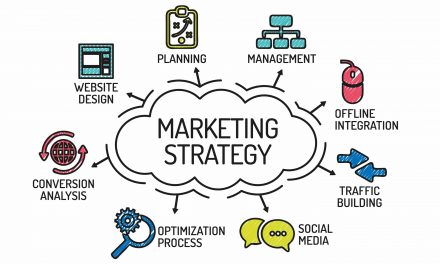In June of 2014, the Organization of Teratology Information Specialists (OTIS), a group that had been managed at that time by PMG for two years, had an opportunity to apply for a large federal cooperative agreement (grant) worth $2.4 million through the Health Resources Services Administration (HRSA), under the Health and Human Services department. For an organization that had been running for 25 years on a very modest budget, this was what the leadership and members of OTIS had been waiting for. The grant would enable them to implement programs, improve their technology, and most of all, increase awareness and reach more consumers and providers with their free services, especially those who are in hard-to-reach communities. OTIS provides a service dedicated to providing evidence-based information to mothers, health care professionals, and the general public about medications and other exposures during pregnancy and while breastfeeding. Individuals can access these services through the telephone, email, text, chat, or their mobile app. The primary source of funding for this organization had been primarily through their research arm which contracted with pharmaceutical companies to conduct FDA-required post-marketing surveillance on medications during pregnancy, with small revenue coming in through membership dues. As you can imagine, when this opportunity to create a Reproductive Environmental Health Network (REHN) was made public, the OTIS Board of Directors jumped at the chance to be considered for this major program which would not only help tremendously with the financial support, but also with the national-level recognition they had been working hard to secure for so many years.
This opportunity brought many new questions and uncertainties for how best to coordinate and compose an 80-page application package that would showcase all that OTIS had to offer in terms of service, resources, science, and research. While both OTIS and PMG had familiarity with pharmaceutical and foundation grants, never before had we tackled large federal grants with enormous and specific requirements to meet government guidelines which needed to include multiple forms, budgets, narratives, abstracts, staffing plans, letters of support, charts, contracts, work plans, and a logic model, all in less than one month. Together with the OTIS BOD, PMG quickly set to work reading government manuals, attending federal grant webinars, and registering on all federal funding websites for grant submissions. The first order of business was to establish the leadership task force, a sub-set of the BOD which would work on this application, to ensure that there was a well-represented group of members working on this endeavor without having too many “cooks in the kitchen.” PMG coordinated this effort and assisted in determining who would write which sections by identifying member’s areas of expertise. PMG also worked to determine who formulated our approach and how that would be laid out, who talked to experts in the field to gain knowledge as to the best way to lay out the framework for the two-year grant period and how the funds would be best allocated. OTIS believed that they had one shot to get this right, with all hands on deck; but all hands moving in the right direction and on the same page can be challenging. PMG was efficient and effective in gathering the players together to drop what they were working on and roll up their sleeves (sometimes at night and on the weekends) to ensure there would be buy-in from the organization as a whole, and also that the membership would trust the designated representatives to put the package together on their behalf. This involved thorough and constant communication, double-checking details, organization with notes and spreadsheets, conference calls and lots of reading and decision-making on strategies and tactics. In the end, we were able to submit a stand-out application that was funded two months later. When OTIS was awarded the grant, after the initial excitement wore off, we realized that we still had many new questions and pieces to figure out with the government reporting and systems and processes to which we needed to adhere. We learned and implemented at a fast pace, but also ensured that what we were doing would garner the best results possible to meet the short-term and long-term goals of the grant.
That initial award brought OTIS additional opportunities that we did not anticipate including a one year extension for $1.1 million additional support, creating a third year for this program. A supplement was added allowing us to respond to the recent lead in the water crisis in our country. Additionally, a partnership with the CDC and March of Dimes to address the Zika public health issue, a chance to work more closely with the FDA on breastfeeding legislation, an opportunity to work with the National Advisory Council on Migrant Health, and being in the position to apply for an additional $6 million in funding for the next five years was presented to us. All of these new activities have been successfully managed in less than three years under PMG management, bringing new expertise, new knowledge, and new experiences. We believe this will enable us to assist other groups with similar opportunities and needs if and when they arise. This program has also opened another avenue of public health for us to become more familiar with navigating between various governmental agencies and working with federal health officials as urgent matters come up, all to benefit the scientific non-profits that we serve.
While there has been a fast and steep learning curve in the past 31 months, this has been a win-win-win for all parties involved. A win for OTIS, as it has allowed them as an organization to bring their members closer together as they work towards a common goal and acknowledge that the work of every member is integral to the application. A win for PMG, as it not only brought us closer to our client to work on something this significant, but also allowed our employees the opportunity to explore and gain a whole new skill set and area of expertise that we can use to help the next group who is navigating the world of federal funding. And lastly, a win for the vulnerable population who so desperately needs free services like the ones that OTIS provides to women and babies who otherwise would not have access to this kind of expertise. Our mission here at PMG is to help our clients achieve their mission, and with organizations such as OTIS who strives to serve those at-risk communities, that’s a mission we can all get behind.
– Nicole Greer and Elizabeth Wasternack, Senior Project Managers





